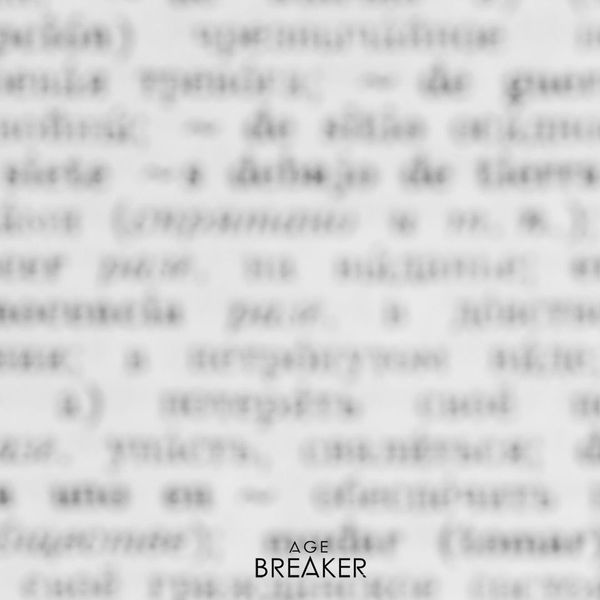Presbyopia is an inevitable age-related physiological phenomenon. Its management could come from anti-glycation treatments.
Presbyopia corresponds to the progressive loss of accommodation – the eye’s ability to adapt to sharp vision at all distances.
Presbyopia begins at around age 40, and is progressive and irreversible.
Early presbyopia, before the age of 40, is a sign of premature general aging. As a result, presbyopia appears earlier in diabetics than in non-diabetics (1).
Numerous studies show that presbyopia is caused by the rigidification of the crystalline lens, a collagen-type protein with a very long renewal rate. This rigidification is the consequence of glycation, the binding of sugars to proteins, itself a major factor in aging and age-related diseases.
Exploratory studies carried out ex vivo show that treatments against glycation are a good, non-invasive way of combating presbyopia (2).
A healthy lifestyle against glycation promoting healthy aging – sugar-free diet, supplements, physical exercise and the fight against chronic stress, etc. – should logically delay the onset of presbyopia, or even correct its effects.
To be continued…
© AGE Breaker 01 2024
[Glycation is one of the major causes of aging. Resulting from the fixation of sugars on the proteins constituting the organism, glycation generates toxic compounds that cause cellular aging. Glycation is particularly involved in metabolic disorders, skin aging and cognitive decline.] [AGE BREAKER, patented nutritional supplements, based on rosmarinic acid, recognized by aging specialists around the world for their properties to reverse the effects of glycation.]More on www.agebreaker.com
#agebreaker #glycation #antiaging #longevitymedicine #preventivemedicine #preventivehealth #skinaging #4pmedicine #advancedglycationendproducts
(1) : S.-D. Mathebula et Al. Amplitude of accommodation is reduced in pre-presbyopic diabetic patients. JEMDSA, vol 22, 2017 – 22:1, 12-16.
https://doi.org/10.1080/16089677.2017.1316955
(2) : J.- R. Delanghe et Al. Topical Application of Deglycating Enzymes as an Alternative Non-Invasive Treatment for Presbyopia. Int. J. Mol. Sci. 2023, 24(8),









